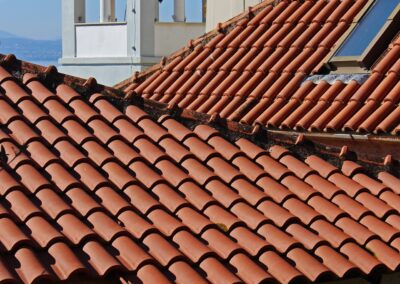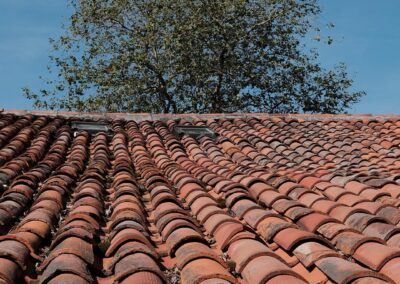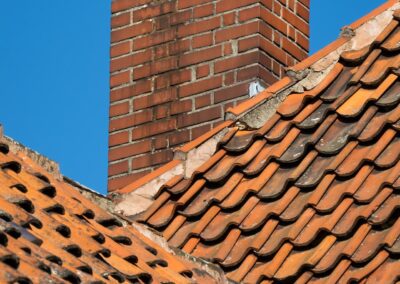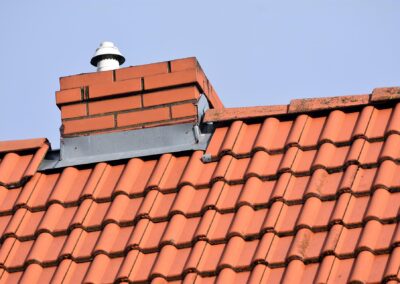Can New Roofing Be Installed During Winter?
It’s possible to install new roofing during the winter, but there are some important considerations to keep in mind. First, it’s important to make sure that the roofing company you hire is experienced in working in cold weather conditions. Secondly, you’ll need to make sure that the roof deck is completely dry before installation can begin. And finally, you may need to use special fasteners or adhesives designed for cold weather use.
What Are The Benefits And Drawbacks Of Installing A New Roof During Winter?
There are a few benefits to installing a new roof during the winter months. One of the main benefits is that the weather is typically cooler, which can be more comfortable for the workers. Another is that roofing contractors typically have more availability during this time. This means that you may be able to get your roof installed sooner than you would if you waited until the spring or summer. In addition, installation during the winter can actually be less expensive because demand for roofing services is typically lower, so roofers may be able to offer a discount.
However, there are also some potential drawbacks to having a new roof installed during the colder months. Winter weather can be unpredictable, and if a storm hits while work is being done, it could delay the project or cause damage. Another drawback is that shingles can become brittle in cold weather and may be more likely to break during installation. In addition, ice and snow can make it more difficult for roofers to do their job and can also lead to delays in the installation process. If you’re considering having a new roof installed during the winter, be sure to weigh both the potential benefits and drawbacks before making your final decision.

What Roof Can One Install During Winter?
There are many different types of roofs that can be installed during the winter months in the UK. Some of the most popular choices include metal roofs, slate roofs, and tile roofs. Each type of roof has its own unique benefits and drawbacks, so it is important to select the option that best suits your needs.
Metal roofs are a great choice for those who want a durable and long-lasting roof. Metal roofs are also fire resistant and can withstand high winds. However, metal roofs can be quite noisy during heavy rainstorms and may require more maintenance than other types of roofs.
Slate roofs are another popular option for those looking to install a new roof during the winter months. Slate roofs are extremely durable and can last for centuries. However, slate roofs can be very heavy and may require special supports to keep them in place.
Tile roofs are a popular choice for those who want an attractive and stylish roof. Tile roofs are also very durable and can last for many years. However, tile roofs can be quite heavy and may require special supports to keep them in place.
No matter what type of roof you choose, it is important to have it installed by a professional roofer to ensure that it is properly installed and will provide you with the best possible protection from the elements.
What Roof Can Not Be Installed During Winter?
What Roof Can Not Be Installed During Winter?
There are several types of roofs that cannot be installed during winter in the UK. These include:
- Thatched Roofs
- Slate Roofs
- Tile Roofs
- Metal Roofs
- Asphalt Shingles
- Wood Shake Shingles
- Flat Roofs
- Green Roofs
- Living Roofs
- Solar Roofs
- Photovoltaic (Pv) Systems
- Wind Turbines
- Lightning Protection Systems
- Chimneys
- Skylights
- Gutters And Downspouts
- Roof-Mounted Equipment, Such As Air Conditioners, Ventilators, And Antennas
- Roofing Insulation And Sealants
- Modified Bitumen Membranes
- Built-Up Roofs

There are several reasons why these types of roofs cannot be installed during winter in the UK. The main reason is that the weather conditions are not conducive to installation during this time of year. It is too cold and wet for many roofing materials and products, which can lead to damage or even failure of the roof system. Additionally, the days are shorter during winter, which means that there is less time for the roofing contractor to complete the installation. Finally, many of the tools and equipment needed for roofing installation are not designed to be used in cold weather conditions.
Can You Tar Roof In Winter?
It’s actually not advised to tar your roof in winter. The cold weather can make the tar hard to work with and can also cause the tar to crack. It’s best to wait until spring or summer to tar your roof. But if you must do it, make sure to take extra care in heating the tar and applying it evenly.
Below are simple ways to tar your roof in winter, and ensure a successful result.
Make sure the temperature is above freezing. This may seem like an obvious one, but it’s important to remember that tar doesn’t flow well when it’s cold. So if the temperature is below freezing, you’ll likely have to heat up the tar before using it.
Use a slow setting on your tar kettle. Again, this is to ensure that the tar doesn’t become too thick or hard to work with.
Be extra careful when walking on the roof. This is important any time of year, but it’s especially crucial in winter when the surface may be icy or slippery.
Following these tips will help you successfully tar your roof in winter and avoid any potential problems. It’s also a good idea to talk to a professional roofer before tackling the job yourself.
How Do I Fix A Leaking Roof In The Winter?
If your roof is leaking, you need to take action quickly to prevent further damage. A leaking roof can cause serious problems, including water damage, mould, and structural damage. Fortunately, there are some steps you can take to fix a leaking roof in the winter.
First, you will need to identify the source of the leak. If you can’t see where the water is coming from, you may need to hire a professional to help you locate the leak. Once you have found the source of the leak, you can begin to repair it.
One way to fix a leaking roof during winter is to patch the hole or crack that is causing the problem. You can buy special roofing cement at most hardware stores. Apply the cement to the hole or crack, and then use a putty knife to spread it evenly. Be sure to smooth out any bubbles or lumps.
Another way to fix a leaking roof during winter is to install a new shingle over the damaged one. First, remove the damaged shingle by prying it up with a screwdriver. Be careful not to damage the surrounding shingles. Next, apply a layer of roofing cement to the back of the new shingle. Centre the new shingle over the hole left by the old one, and then press it into place. Finally, nail down the new shingle with roofing nails.
If you have a metal roof, you may be able to fix a leak by soldering the area with a soldering iron. First, clean the area around the leak with a wire brush. Next, apply flux to the area and then heat the area with the soldering iron until the solder melts. Finally, apply a bead of solder to the area and allow it to cool.
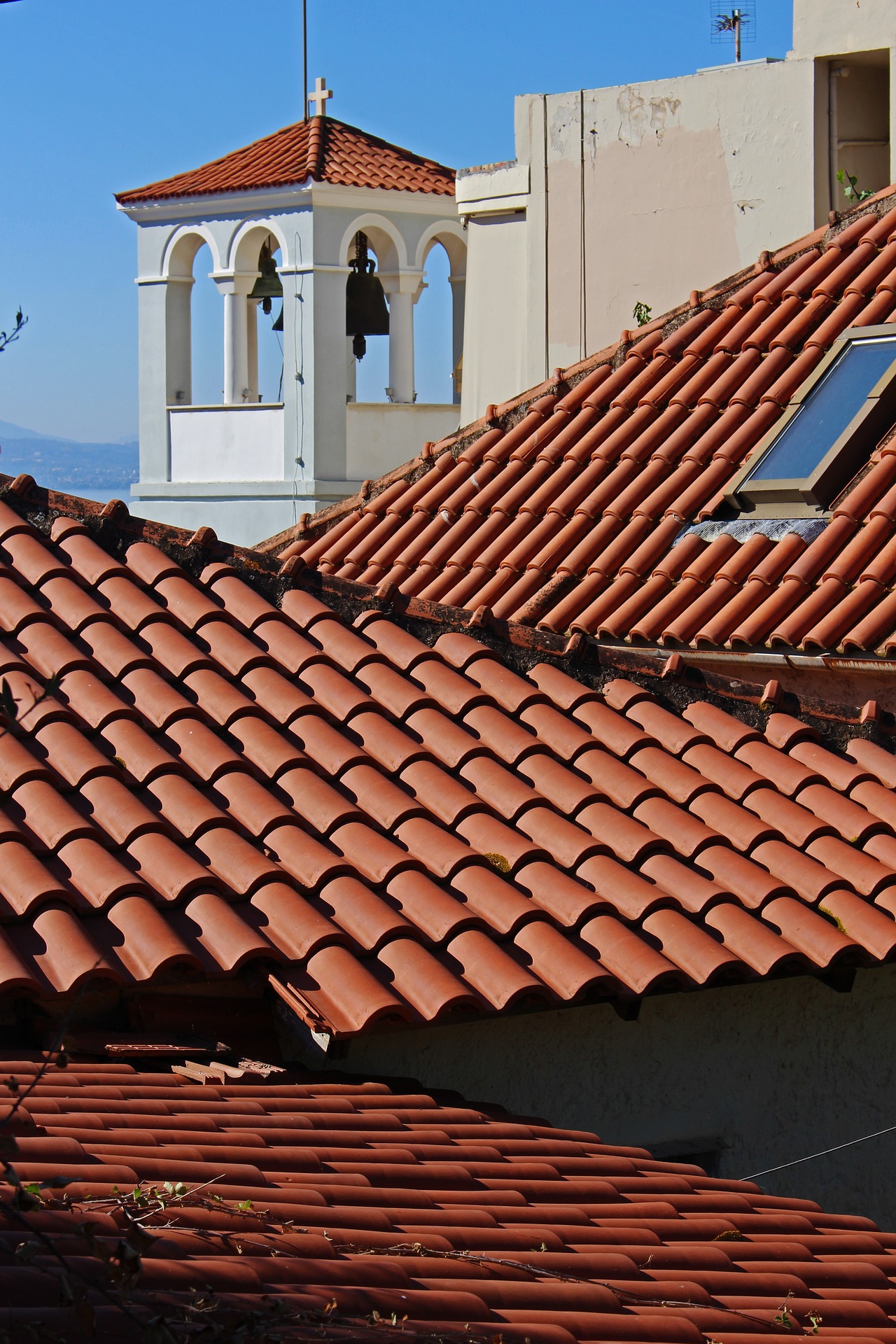
How Do I Protect My Roof In The Winter?
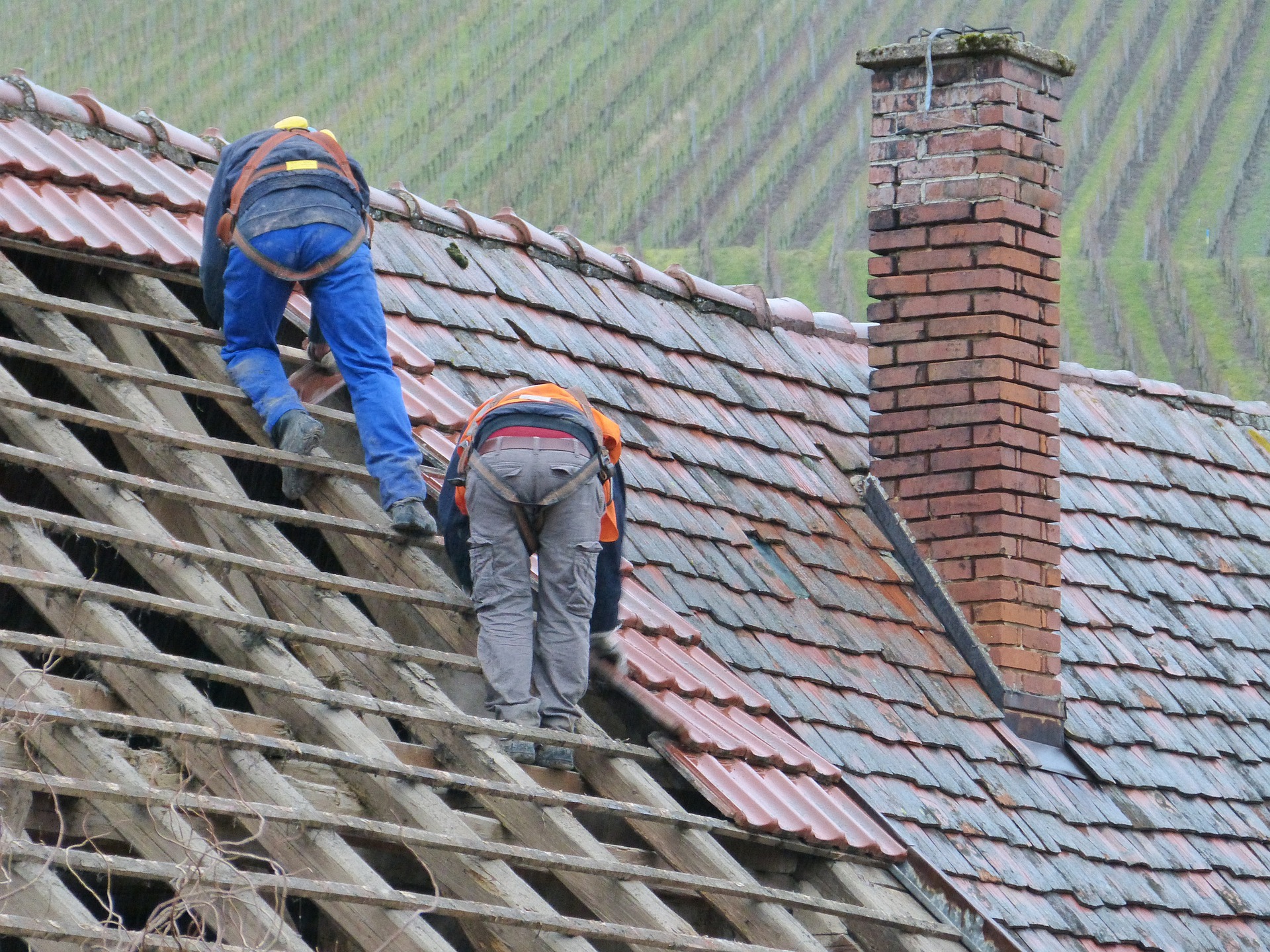
There are a few things you can do to help protect your roof during the winter months. First, make sure that your gutters and downspouts are clear of any debris. This will help ensure that melting snow and ice can drain properly and not back up under your shingles. Secondly, you may want to consider having a professional come out and inspect your roof before the winter season hits to look for any potential problem areas. You should also consider installing a roof rake to help remove any snow or ice build-up on your roof. And finally, make sure to keep an eye on your roof throughout the winter, for any trees near your home, as heavy snow and ice can cause branches to break and fall onto your roof.
If you do notice anything unusual, be sure to contact a professional right away to have it repaired. By taking these simple steps, you can help keep your roof in good condition all winter long.
What Roof Tends To Last More During Winter?
There are many factors that will affect how long your roof will last during the winter.
The type of roof you have, the amount of snow and ice accumulation, and the temperatures you experience are all important considerations. Metal roofs tend to be more durable than asphalt shingles in winter weather conditions, but they can still be damaged by heavy snow and ice accumulation. If you live in an area with severe winter weather, it is important to have your roof inspected by a professional before the season begins. Regular maintenance and repairs will help to prolong the life of your roof and prevent expensive damage.
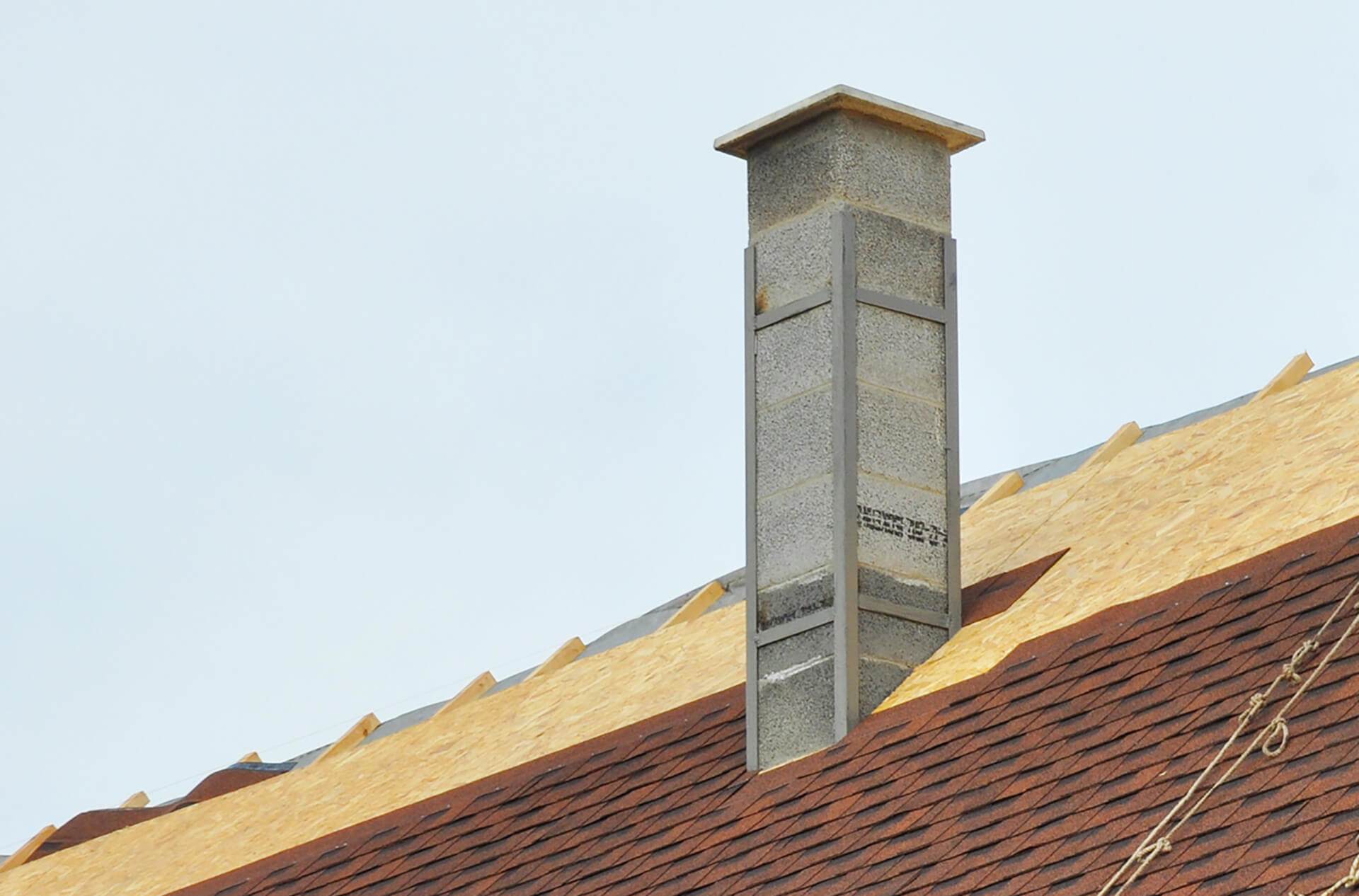
If you’re not sure which type of roof is best for your home, consult with a qualified roofing contractor to get expert advice.
How Much Does Roofing Cost During Winter In The Uk?
It is also important to note that roofing costs can vary significantly depending on the type of roof you select as well as the size and complexity of your home. In general, however, roofing costs for a typical home in the UK will range from £5,000 to £10,000.
Again, this will obviously depend on a number of factors, such as the size and type of your property, as well as the severity of the weather. However, there are a few things that you can do in order to keep costs down.
One of the best ways to reduce the cost of roofing during winter is to make sure that your property is well insulated. This will help to prevent heat from escaping, which will in turn keep your energy bills down. You should also consider investing in some good quality roofing felt, as this will help to protect your property from the worst of the weather.
Another way to keep costs down is to carry out any necessary repairs as soon as possible. If you leave it until the last minute, you may find that the damage has already been done and that it will be much more expensive to fix. It is also a good idea to get your property professionally cleaned on a regular basis, as this will help to prevent any further damage from occurring.
If you follow these simple tips, you should be able to keep the cost of roofing during winter to a minimum. However, if you are still worried about the cost, you can always contact a professional roofing company who will be able to give you a more accurate estimate.





